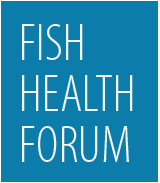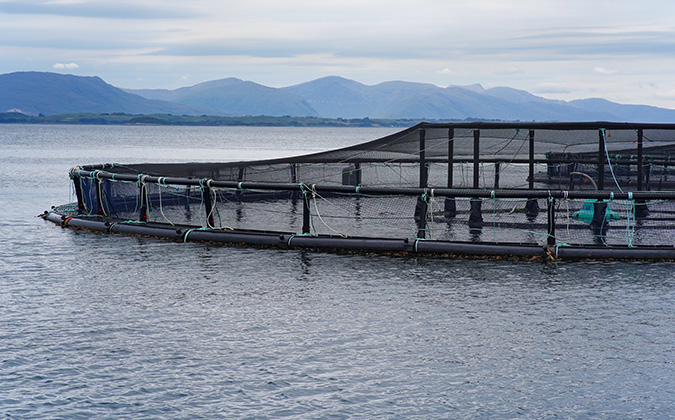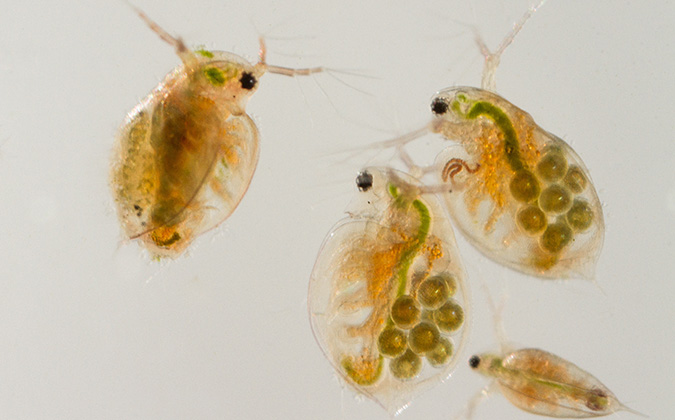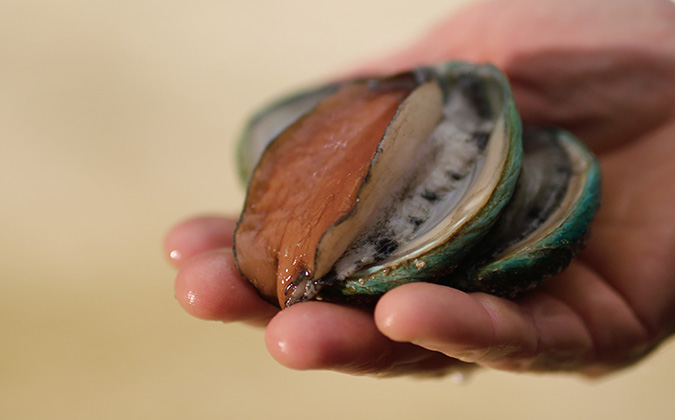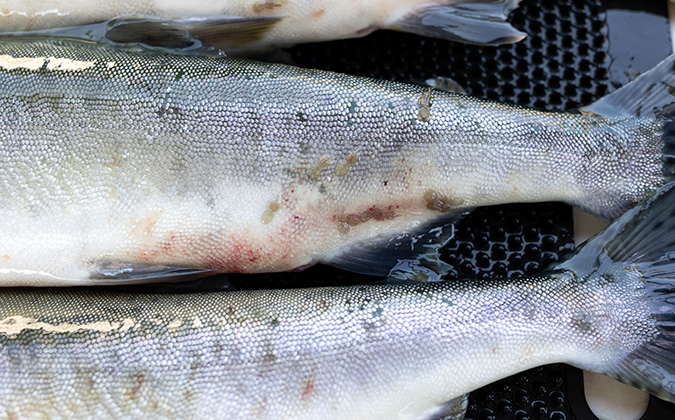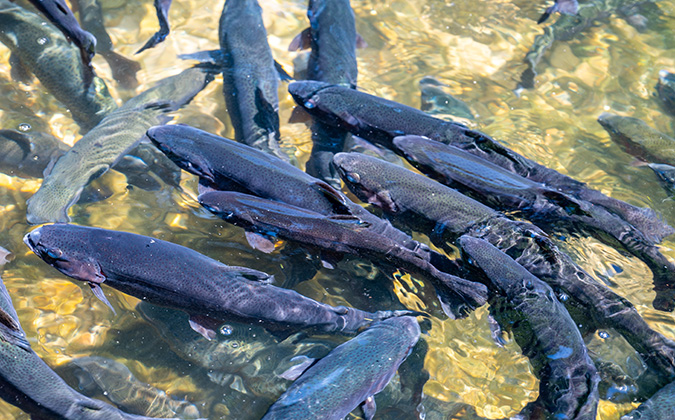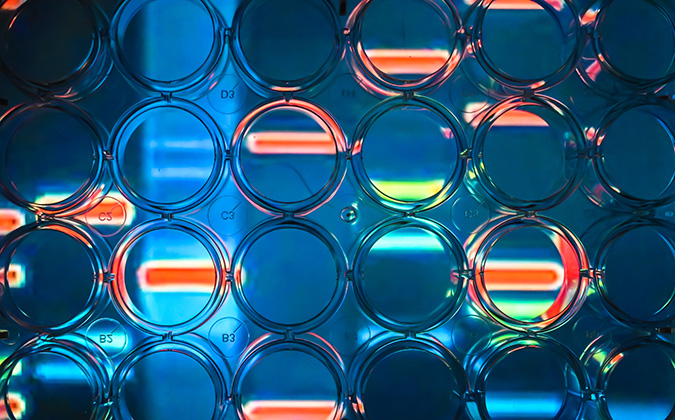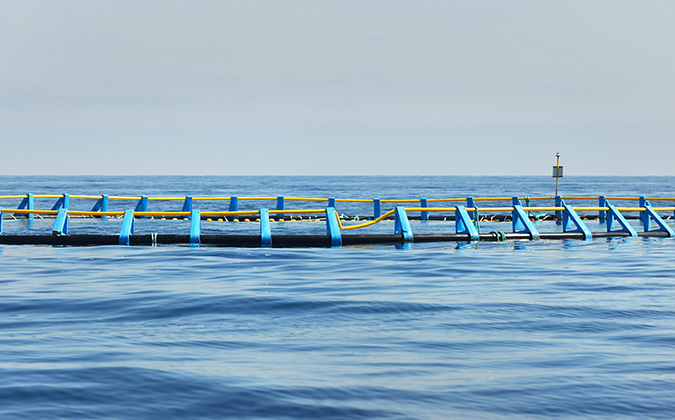
Lack of coordination threatens biosecurity in Spanish marine-fish farming
Spain’s marine aquaculture industry has increasing awareness of disease-prevention strategies, but stakeholders in the country need to work together considerably better to avoid lapses in biosecurity.
That’s according to a new EU-backed report from Spanish academics, who describe a “chronic lack of communication” and “deficient coordination of health strategies” as threats to the health of farmed seabass and sea bream.
The industry is faced with the high likelihood of importing diseases with shipments of juvenile fish and direct disease transmission between farms, said the authors of the analysis, published in Aquaculture Reports.
Much to improve on farms
The work involved surveying 27 fish farms representing 80% of the grow-out production and 45% of the hatcheries in Spain, as well as 36 fish-health stakeholders. Researchers found that a third of farms didn’t categorize fish mortalities, and 90% said that they didn’t send dead fish for diagnosis, despite most having facilities on-site to do so.
“This can be regarded as a warning indicator with respect to the lack of biosecurity self-awareness of this sector,” the scientists commented.
Inconsistencies in on-site practices were revealed. While visitors to sites have to observe strict biosecurity, 85% of staff moved from facility to facility. Most staff washed their clothes at home and wore the same garments regardless of what part of the production unit they were in. Many sites also lacked appropriate disinfection facilities.
The study highlighted a number of areas which require improvement. These include a need for better diagnosis, control of staff movements between facilities, better quarantine procedures and transparent information sharing when young fish are imported. The authors also called for training in biosecurity and hygiene for all farm workers.
Legislative weaknesses
Sharing epidemiological data and other information is crucial to better biosecurity, they said, but the situation is not helped by seabass and sea bream not being listed by the EU as susceptible species to notifiable pathogens. The Spanish government also lacks legislation around listed diseases or species that are susceptible to them.
The industry is driven by companies and has relatively low governance, they continued. This has led to concerns about high concentration of farms in certain production areas, a problem worsened by the reported lack of communication between producers.
Advantages remain clear
Despite the current issues, Spanish aquaculture can draw on many advantages, the researchers noted.
Most stakeholders have improving knowledge of fish-health issues, and there is high trust in health professionals, they said, while the sector has access to high-quality expertise, such as laboratories, research institutes, companies and veterinarians. Vaccination strategies were also found to be well-matched to problem pathogens for seabass but mainly focused on early growth stages. With improved coordination, there is high potential to be able to tackle prevailing health issues in the sector.
“Health management at the farm level and its coordination with nearby production units has a direct consequence on lowering mortality, which provides cost savings, lower variability in production, better planning and risk mitigation, thus resulting in a better return on investments and decrease of inputs [treatments],” they added.
“All the threats…would be partly solved with the development of a regulatory frame that would ensure adequate information is gathered and shared, and that the sector cooperates in a coordinated way.”
You can read the full article in Aquaculture Reports.
